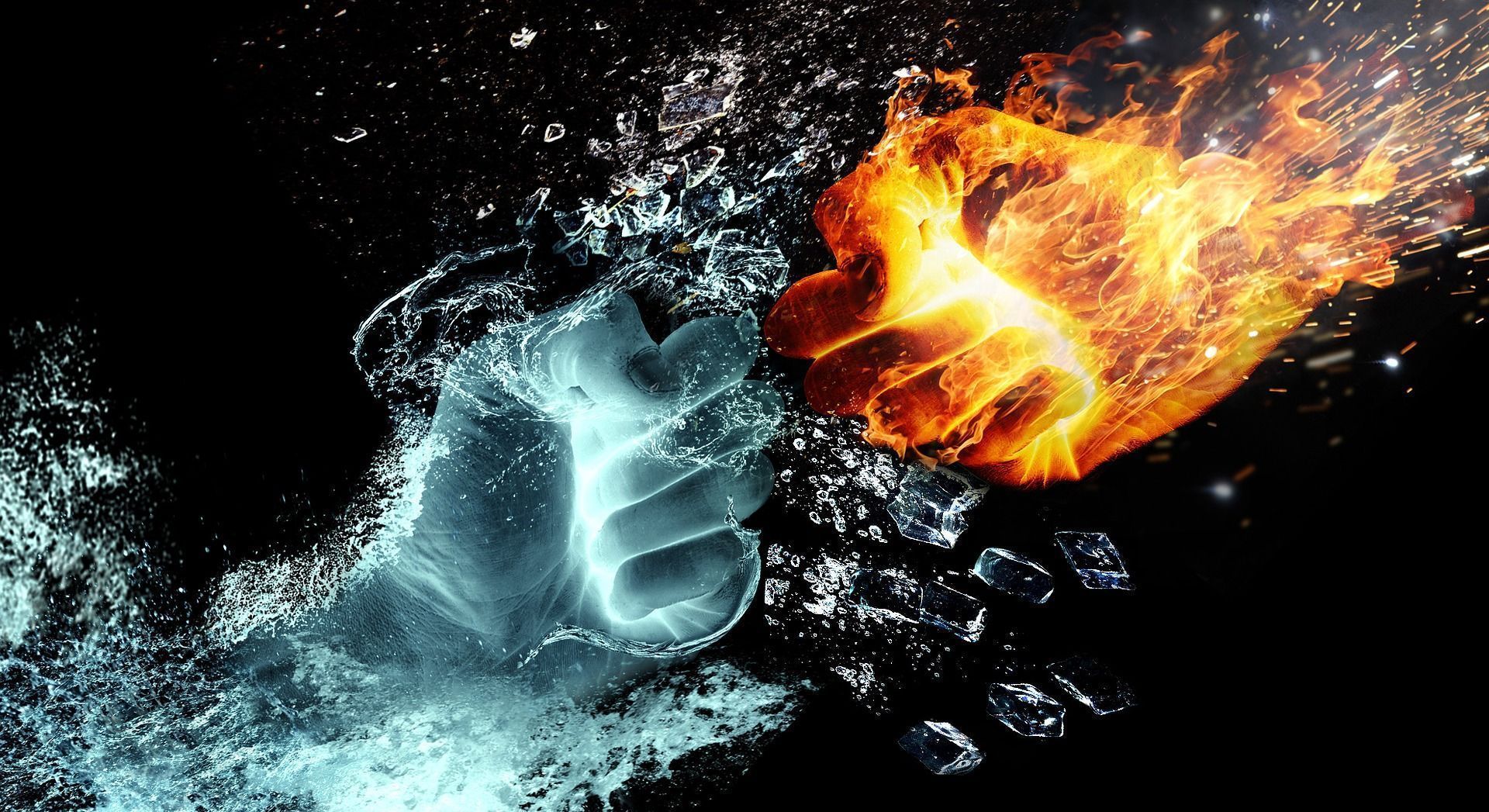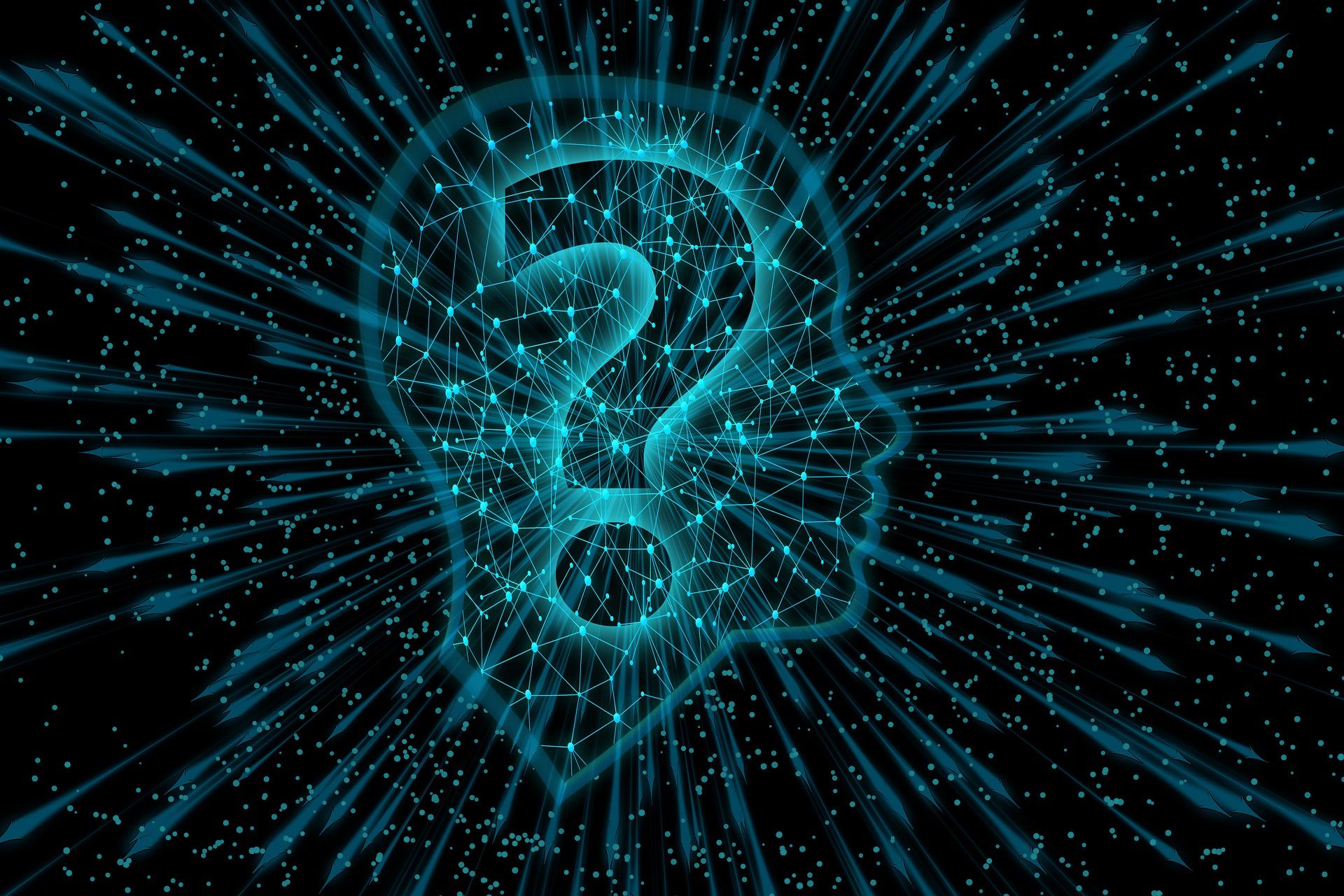“We do not know how to live wholly, completely in the present. We are using the present as a means to the future, and therefore the present has no significance. We cannot live in the present because we are using the present as a passage to the future."
“We meet today with yesterday. Now, can one meet today, the present, without the thought of yesterday?”
“Can confusion be cleared up by another, however great?”
“Truth has no continuity.”
“If we can see that the mind creates habits, and functions in habit, and that a mind enclosed by its own self-created memories, desires, and fears cannot see or experience anything directly - when we can see the truth of that, then there is a possibility of experiencing directly."
“At any level - economic, social, religious, political, psychological - what is important is to discover exactly what is, not what should be."
“There can be no attention if there is contradiction.”
“I am suggesting that in the field of reality conflict is the very nature of that reality. So if there is an understanding, a radical change, in you, if there is the ending of conflict in a human being, then it affects the whole consciousness of man, because you are the world, and the world is you."
“Truth is not perceivable through time. Truth doesn't exist when the self is there. Truth doesn't come into existence if thought is moving in any direction. Truth is something that cannot be measured. And without love, without compassion, with its own intelligence, truth cannot be."
“I don’t see the truth. There's a tremendous difference. I can't go to truth, I can't see truth. Truth can exist only, can be only, or is only, when the self is not."
“When you hear a statement like 'All time is now' or 'You are the whole of humanity, because your consciousness is one with all the others,' how do you listen to those statements? Do you make an abstraction of them as an idea? Or do you listen to the truth, to the fact of it; the depth of it, the sense of immensity involved in that? Ideas are not immense. But a fact has tremendous possibility."
“You want to be identified, because in identification as a Hindu, a Muslim, a Christian, or whatever it is, you feel secure. That's a fact. And identification is one of the causes of fragmentation in our lives, like time, thought, and also wanting security and therefore taking roots in a particular country, a particular family, community, a group.
Listen, don't do anything - these are the factors of our fragmentation. Now, if you listen to it very carefully, that very listening creates its own energy. Do you understand? If I listen to the fact of what has been said, and there is no reaction because I'm just listening to it, then that implies gathering all my energy to listen.
That means giving tremendous attention to listening. And that very listening breaks down the factors of, or the causation of, fragmentation. If you do something, then you're acting upon the fact.
But if there is only observation, without distortion, without prejudice, that observation, that perception, which is great attention, that very attention then burns away the sense of time, thought."
“Meditation can’t be a system because then you practice, practice, practice, and your brain gets more and more dull, more and more mechanical. So is there a meditation that has no direction, which is not conscious, deliberate? Find out.
That requires great energy, attention, passion. Then that very passion, energy, the intensity of it, is silence. Not contrived silence. It is the immense silence in which time and space are not. Then there is that which is unnamable, which is holy, eternal."
“Beauty exists where the self is not.”
“So to come upon this great sense there must be the absence of the me, the ego, egocentric activity, the becoming. There must be the great silence in one. Silence means emptiness of everything. In that there is vast space. Where there is vast space there is immense energy, not self-interested energy, but unlimited energy."
“You dig very deeply to find oil, go through all that trouble, and we don't even spend a second doing this in ourselves, for ourselves."
“So we are the entire humanity. If you realize that marvelous thing, which is the truth, then you will not kill another, then there is no division between this country and that country, then your whole life is different.
If you want to pick parts of it, go ahead. Nobody is putting pressure on you not to pick a part of it to satisfy your little demands, or your big demands.
But if one actually, deeply, honestly, without all the ideological nonsense, sees the real fact that we are the whole of humanity - non-believers, Muslims, Hindus, Buddhists, the Christians - we are one.
We all go through tremendous travail. Therefore, this search for individual freedom, individual becoming, and so on, becomes rather childish."
Discover the Immeasurable contains a series of six lectures given by J. Krishnamurti in the Fall of 1956, where he speaks about the inherently evil nature of authority, the constant flow of existence, and how the structure of our current society and even our own minds perpetuates needless conflict, misery, and tragedy.
Sample Quotes from the Book:
“To understand the immeasurable, the mind must be extraordinarily quiet, still; if I think I am going to achieve stillness at some future date, I have destroyed the possibility of stillness. It is now or never. But we are all thinking of heaven in terms of time.”
“So long as there is nationalism, so long as you are a German or a Russian or an American, clinging to sovereignty, to an exclusive nationality, you are sure to have war. So long as you are a Christian and I am a Hindu, or you are a Muslim and I am a Buddhist, there is bound to be war.
So long as you are ambitious, wanting to reach the top of your society, seeking achievement and worshiping success, you will be a cause of war. But we are brought up on all this. We are trained to compete, to succeed, to be ambitious, to serve a particular government, to belong to a particular country or religion. Our whole education cultivates the competitive spirit and guides the mind towards war. And can we, as individual human beings, change all this?
Can you and I individually cease to be ambitious, cease to regard ourselves as Germans or Indians, cease to belong to any particular religion, to any particular group or ideology – communist, socialist, or any other – and be concerned only with human welfare?
So long as we remain attached to a group or to an ideology, so long as we are ambitious, seeking success, we are bound to create war. It may not be a war of outward destruction, but we will have conflict between each other and within ourselves, which is actually a form of war.
I do not think we see this, and even if we do, we are not serious about it. We want some miraculous event to take place to stop war, while we continue to live as we are in the present social structure, making money, seeking position, power, prestige, trying to become famous, and all the rest of it. That is our pattern, and so long as that pattern exists in our minds and hearts, we are bound to produce war.”
“The individual problem is the world problem. It is what we are as individuals that create society, society being the relationship between ourselves and others. I am speaking – and please believe it – as one individual to another, so that together we may understand the many problems that confront us.
I am not establishing myself as an authority to tell you what to do because I do not believe in authority in spiritual matters. All authority is evil, and all sense of authority must cease, especially if we would find out what is God, what is truth, whether there is something beyond the mere measure of the mind. That is why it is very important for the individual to understand himself.”
Read the Full Breakdown: Discover the Immeasurable, by Jiddu Krishnamurti
Is conflict unavoidable in modern society? Is violence to be accepted as just a part of life in today's world? In this book, one of the most explosive and thought-provoking philosophical teachers who ever lived holds up a mirror to our inner lives and calls us to imagine a different path forward.
Sample Quotes from the Book:
“Is it possible to live a life without conflict in the modern world, with all the strain, struggle, pressures and influences in the social structure? That is really living, the essence of a mind that is inquiring seriously.
The question whether there is God, whether there is truth, whether there is beauty can come only when this is established, when the mind is no longer in conflict.”
“Each one of us has built up this civilization, has contributed towards its misery, is responsible for its actions. We are the outcome of each other’s actions and reactions; this civilization is a collective result.”
“You give a great deal of time and energy to making money, as you do to being entertained. But you never give energy deeply and profoundly, in complete attention, to find out whether conflict can ever end.”
Read the Full Breakdown: On Conflict, by Jiddu Krishnamurti
Most people are not nearly as alive and awake as they could be. This classic book teaches why waking up is much closer and easier than you might think. You'll also learn to experience the gorgeous reality of everyday life that was always available if you only had eyes to see.
Sample Quotes from the Book:
“The most difficult thing in the world is to listen, to see. We don't want to see. Do you think a capitalist wants to see what is good in the communist system? Do you think a communist wants to see what is good and healthy in the capitalist system? Do you think a rich man wants to look at poor people? We don't want to look, because if we do, we may change.
We don't want to look. If you look, you lose control of the life that you are so precariously holding together. And so in order to wake up, the one thing you need the most is not energy, or strength, or youthfulness, or even great intelligence. The one thing you need most of all is the readiness to learn something new.
The chances that you will wake up are in direct proportion to the amount of truth you can take without running away. How much are you ready to take? How much of everything you've held dear are you ready to have shattered, without running away?"
“The highest knowledge of God is to know God as unknowable. There is far too much God talk; the world is sick of it. There is too little awareness, too little love, too little happiness, but let's not use those words either. There's too little dropping of illusions, dropping of errors, dropping of attachments and cruelty, too little awareness. That's what the world is suffering from, not from a lack of religion."
“Spirituality means waking up. Most people, even though they don't know it, are asleep. They're born asleep, they live asleep, they marry in their sleep, they breed children in their sleep, they die in their sleep without ever waking up. They never understand the loveliness and the beauty of this thing that we call human existence."
Read the Full Breakdown: Awareness, by Anthony de Mello

The View from the Opposition:
No one's ideas are beyond questioning. In this section, I argue the case for the opposition and raise some points you might wish to evaluate for yourself while reading this book.
#1: The Two Categories of Truth
The kind of truth we're talking about here isn't the laws of physics, or the population of China, or whether your friend did actually steal your favorite shirt (she did), or anything like that. Krishnamurti isn't disputing the facts of the world, like how many times you've seen "The Happening" (once too many), or whatever else that most people agree on.
We're also not talking about blinding yourself to essential truths about yourself, and indeed, Krishnamurti talks about patient observation of the activities of your own mind as a way to get closer to the truth about yourself and who you are.
Really what we're discussing here is freedom from mental conditioning and from attachment to rigid, antagonistic thinking about national boundaries, negative emotions like pride and envy, etc. So I don't want people to get the wrong idea and think that Krishnamurti is claiming that there's no such thing as truth at all.
Come to think of it, the French postmodernist philosopher, Jacques Derrida, wrote a book claiming that there was no such thing as truth...and then he wrote forty more books! I mean, if he was right the first time, why all the other books?!
"The test of a first-rate intelligence is the ability to hold two opposed ideas in the mind at the same time and still retain the ability to function.”
The quality of your questions determines the quality of your life. That's also how you get the absolute most out of any book that you decide to read:
You ask great questions the whole time - as though the book was on trial for its life.
Here in this section are a few questions that can help guide and stimulate your thinking, but try to come up with your own additional questions, especially if you decide to read this book the whole way through...
#1: "What's one thing that you used to fervently believe, but now no longer think is true?"
#2: "How flexible is your mind? Are you willing and able to give up your previous beliefs on the strength of new information? How fast can you do this?"
#3: "Has anyone ever tried to convince you that they alone knew the whole truth about something and that following them was the only way for you to learn it too?"
#4: "Do you have any deep beliefs that you've never thought to question? How do you know?"
#5: "Have you ever questioned your deepest beliefs? Not the ones that you 'kind of' believe, but the ones you think are irrefutably true? Did they budge?"
#6: "Have you ever taken an entire afternoon - or even an hour - to sit back and calmly observe the operations of your own mind? What did you discover? Was it uncomfortable?"
#7: “What is the action of a person who is not caught in time? Or someone who is not ruminating over the past or obsessing about the future? How do they live in the world? What do they do?"
#8: “Do we need time at all, psychologically? Not to live in the world and earn a living and whatnot but as a matter of psychological survival? Do we need time? Or can 'you' exist outside of time?"
#9: "How is your view of reality different than everyone else's? Do you ever feel as though you're missing something crucially important? Or that they are? Or that you both are?"
#10: "What would you do with the truth if you ever found it?"
"Judge a man by his questions, rather than by his answers."
So you've finished reading. What do you do now?
Reading for pleasure is great, and I wholeheartedly support it. However, I am intensely practical when I'm reading for a particular purpose. I want a result. I want to take what I've learned and apply it to my one and only life to make it better!
Because that's really what the Great Books all say. They all say: "You must change your life!" So here, below, are some suggestions for how you can apply the wisdom found in this breakdown to improve your actual life.
Please commit to taking massive action on this immediately! Acting on what you've learned here today will also help you solidify it in your long-term memory. So there's a double benefit! Let's begin...
#1: Let the Mind Be Still and Clear
Trying to force your mind to be still is like trying to smooth over rough water with a flatiron - as Alan Watts used to say! By which he meant that if it's going to happen, it needs to happen by itself. You can't force your mind to empty itself of thoughts, and you can't force the truth to rise to the surface either.
You'll have to "leave the mind alone," and stop stuffing it with ideas and concepts and beliefs and memories if you ever want to encounter the truth and be able to observe it impartially.
So for the next little while - and really, whenever you have a gap in your busy schedule - simply watch the activities and movements of your own mind without trying to force anything. And instead of trying to cram into your brain all this information about what other people have thought and said, turn inward and find out what you think.
#2: Resist the Urge to Cling to Any Idea
Truth is constantly moving, and you have to move with it, instead of trying to hold onto what came before, no matter how pleasant or comforting.
Whenever you encounter the truth of Reality or Existence (however you conceive it), you may be in tune for a short time with the "immeasurable," as Krishnamurti calls it, but it won't last. The next moment, a new truth will take its place, and if you try to hang onto the old one, you'll miss it.
#3: Continue the Search
The search for what's true will continue for as long as you live, and perhaps even longer. Truth is available to each and every one of us at every single moment, but it expires quickly. It's only the mind that is alert, flexible, open, and loving that can ever approach it.
Life will always remain exciting and vivid as long as we're constantly pursuing new truths and remain willing to let go of them just as quickly as we wait for the next one to come along. The important thing in all this is to never give up the search, never stop asking questions, and never stop wondering.
"The path to success is to take massive, determined action.”
Jiddu Krishnamurti was born on 11 May 1895 in Madanapalle, a small town in south India. He and his brother were adopted in their youth by Dr. Annie Besant, then president of the Theosophical Society. Dr. Besant and others proclaimed that Krishnamurti was to be a world teacher whose coming the Theosophists had predicted. To prepare the world for this coming, a worldwide organization called the Order of the Star in the East was formed, and the young Krishnamurti was made its head.
In 1929, however, Krishnamurti renounced the role that he was expected to play, dissolved the Order with its huge following, and returned all the money and property that had been donated for this work.
From then, for nearly sixty years until his death on 17 February 1986, he traveled throughout the world talking to large audiences and to individuals about the need for a radical change in humankind.
Krishnamurti is regarded globally as one of the greatest thinkers and religious teachers of all time. He did not expound any philosophy or religion but rather talked of the things that concern all of us in our everyday lives, of the problems of living in modern society with its violence and corruption, of the individual's search for security and happiness, and the need for humankind to free itself from inner burdens of fear, anger, hurt, and sorrow.
Krishnamurti reminded his listeners again and again that we are all human beings first and not Hindus, Muslims, or Christians, and that we are like the rest of humanity and are not different from one another. He asked that we tread lightly on this earth without destroying ourselves or the environment. He communicated to his listeners a deep sense of respect for nature. His teachings transcend man-made belief systems, nationalistic sentiment, and sectarianism. At the same time, they give new meaning and direction to humankind's search for truth. His teaching, besides being relevant to the modern age, is timeless and universal.
Additional Resources:
This Book on Amazon:
If You Liked This Book:
Forward this to a friend you think would love this book!
If you were sent this breakdown, click here to subscribe.
To read past editions of The Reading Life, click here.
Click here to recommend The Reading Life on Twitter (X).
OK, that’s it for now…
More excellent book recommendations coming your way soon!
With that said, I hope you enjoyed this edition of The Reading Life, and enjoy the rest of your week!
Until next time…happy reading!
All the best,
Matt Karamazov
P.S. Whenever you're ready, here are three more ways I can help you:
Work with me personally to scale your business past $5K per month and experience the intoxicating freedom of finally being in control of both your time and your income. High-performers only.
Become a Premium Member of The Reading Life and enjoy unlimited access to 150+ Premium Book Breakdowns, my complete notes from 1,300+ books, exclusive discounts, monthly donations made on your behalf to an incredible literacy charity, and more!
Join Creator Launch Academy, my private business mastermind for creators looking to add at least $1,000/month to their revenue and save at least 20+ hours of productive time each and every week.

















